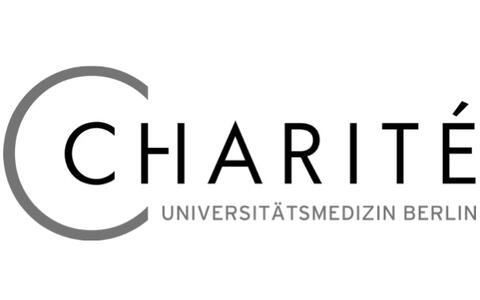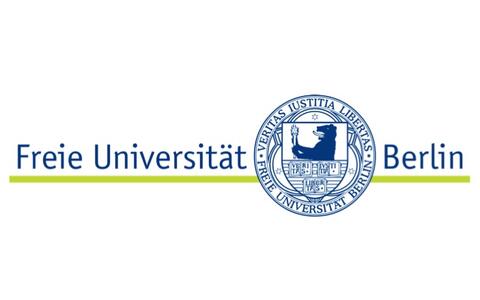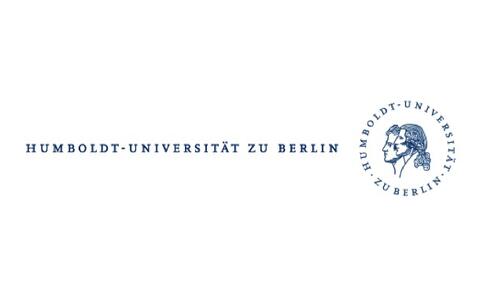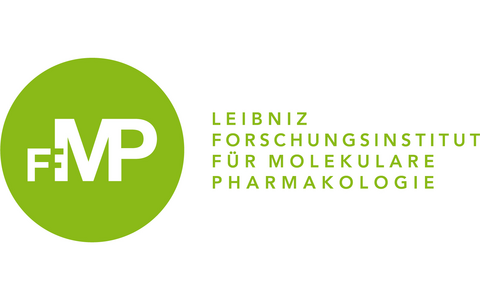
Berlin & Brandenburg
Our regional cooperations
Charité – Universitätsmedizin Berlin
Our most important university partner for translational research activities is the Charité, which is the medical school of both the Freie Universität Berlin and the Humboldt-Universität zu Berlin (HU).
Experimental and Clinical Research Center (ECRC)
Since 2007, the Max Delbrück Center and the Charité have jointly run the experimental and clinical research center (ECRC), a center for translational medicine on the Campus Buch. The ECRC funds, on a competitive basis, research groups (headed by clinical researchers), project groups (headed by clinical or basic researchers) and clinical collaborative projects (jointly run by clinical and basic researchers).
Also, a clinical training program has been established for young clinicians who wish to train in one of the laboratories of the Max Delbrück Center. The ECRC also houses specialized out-patient clinics of the Charité.
Berlin Institute of Health (BIH)
The Max Delbrück Center and the Charité have extended their joint activities even further by forming the Berlin Institute of Health (BIH), which is focusing on translational systems medicine research. The Max Delbrück Center collaborates closely with BIH as its Privileged Partner. The BIH has been integrated into Charité – Universitätsmedizin since January 2021.
Freie Universität and Humboldt-Universität zu Berlin
The Freie Universität and the Humboldt-Universität provide the Max Delbrück Center with a link to university research and education in basic science.
Within the ‘Institutional Strategy’ of the Humboldt-Universität, the systems biology activities of the Max Delbrück Center and especially of the Berlin Institute for Medical Systems Biology of the Max Delbrück Center constitute a central aspect. In collaboration with the Max Delbrück Center and the Charité – Universitätsmedizin, the Humboldt-Universität founded the Integrative Research Institute (IRI) for the Life Sciences in 2013. It pursues cutting-edge biomedical research with an interdisciplinary and inter-institutional approach.
Leibniz-Institut für Molekulare Pharmakologie
The Max Delbrück Center cooperates closely with its neighboring institute, the Leibniz-Institut für Molekulare Pharmakologie (FMP), which has a complementary research profile. A noteworthy development is the joint small-molecule screening unit. This unit allows researchers from both institutes to screen for compounds that interact with their molecule(s) of interest, providing a strategy for the discovery of research tools and therapeutic agents.
The Max Delbrück Center is also a partner in the FMP-coordinated European-wide screening infrastructure (EU-OPENSCREEN), funded within the European Strategy Forum on Research Infrastructures initiative (ESFRI).
Berlin Ultrahigh Field Facility
In 2009 the Max Delbrück Center, in collaboration with the Physikalisch-Technische Bundesanstalt, the Charité, the FMP and Siemens Medical Solutions opened an ultrahigh-field magnetic resonance imaging (MRI) facility on the campus. It provides 7-Tesla and 3-Tesla MR scanners for patients/probands and a 9.4-Tesla MR scanner for small rodents. These activities are part of a joint effort of all programs of the Max Delbrück Center to further develop in vivo imaging technologies to improve phenotyping of animal models and clinical imaging.
Berlin Research 50 (BR50)
Berlin’s non-university research institutions have launched a joint initiative to strengthen the capital’s role as an international science hub. They have formed BR50 (Berlin Research 50).








